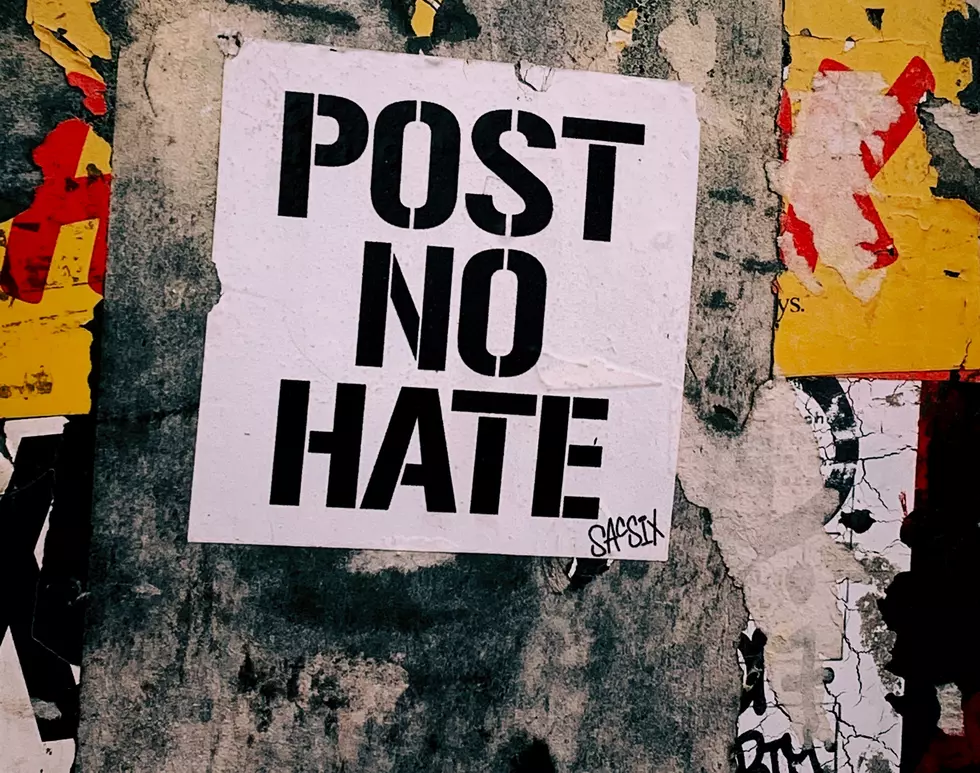
New York State Stomps Down on Social Media Hate Speech
Hate speech is on the rise, particularly on social media platforms and New York has decided to fight back against it with a new reporting law.

According to the Center for Countering Digital Hate, the Anti-Defamation League, and other organizations, since late October of 2022, anti-Semitic posts have risen by 61 percent on Twitter alone. Slurs against gay men are appearing on Twitter an average of 3,964 times a day and slurs against Black Americans appear about 3,876 times a day.
Although other states have attempted to pass a law that hateful speech must be reported, New York is the only state successful in doing so.
Governor Kathy Hochul signed bill S. 4511 in early June. The bill was part of a package of ten bills aimed at curbing gun violence following the Buffalo grocery store shooting.
The new law requires all social media outlets to make it possible for individual users to report any and all hate speech on each platform in a publicly accessible way. The law also states that the social media companies cannot ignore hate speech reports and that they must directly respond to anyone who reports such speech. Social media companies that do not comply could face fines of up to $1,000 a day.
New York State Senator Anna M. Kaplan, who proposed the legislation said the law will, “empower social media users to keep virtual spaces safer for all by providing clear and consistent reporting mechanisms to flag hate speech.”
Kaplan also pointed out that, “with the devastating consequences of hate all around us getting worse by the day, we need to take this action right away.”
While many are in full support of the law, some are not, including NetChoice and the Computer and Communications Industry Association which point out that they are looking into whether or not the new law could be a violation of First Amendment rights.
Chris Marchese, NetChoice’s counsel pointed out that the law in New York might violate rights because the definition of the term “hateful content” is too broad and that it actually covers speech protected by the Constitution.
LOOK: What major laws were passed the year you were born?
LOOK: Baby names that are illegal around the world
More From WDOS-WDLA-WCHN CNY News








